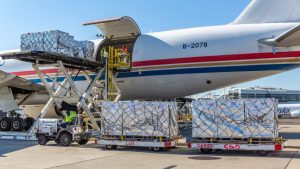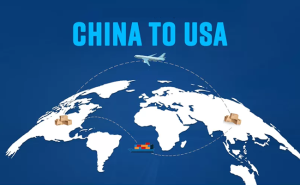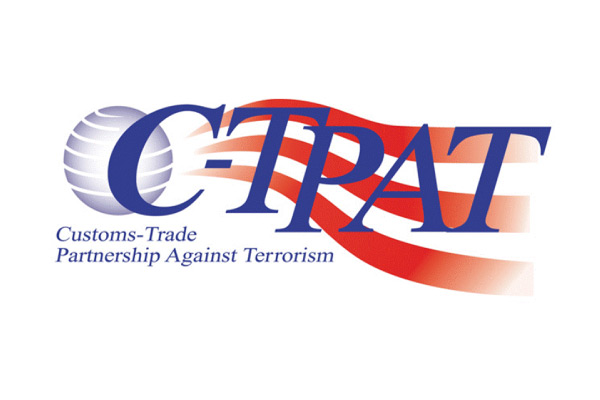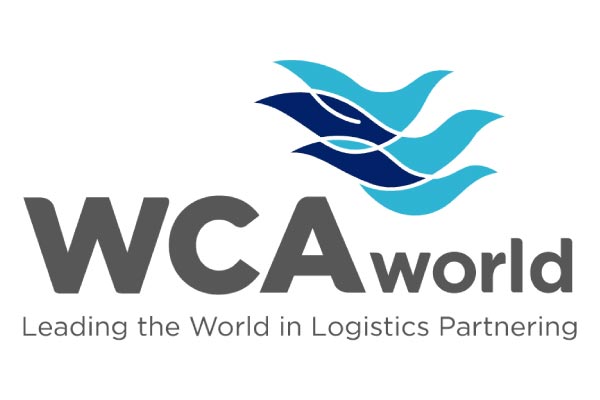Both are freight transportation, but as the name suggests there is a key difference between the two: the quantity/size of merchandise being moved.
LTL, commonly known as LTL (less-than-truckload) or less than truckload, refers to the transportation of a relatively small load that does not require the entire space of a truck.
LTL is typically used when you have several pallets of cargo, but not enough to fill a truck. In this case, delivery times are more flexible and not as crucial for the operation.
This mode of transportation is usually recommended for small businesses that ship between one and six pallets, or cargo that measures less than 4 linear meters.
Its operation, to make better use of the available space, consists of different LTL from several clients being combined into a single truck until it is filled as close to its capacity as possible.

Transportation difference
On the other hand, truckload, commonly known as FTL or Full-truckload, refers to the shipping modality in which a truck transports a single dedicated shipment from one point to another.
As the number of pallets increases and delivery time becomes more vital, it might be a good idea to consider an FTL or dedicated truck. This method will give you greater control over the handling of your cargo, as well as the costs and delivery dates associated with it.
Ground transportation With FTL you will have the exclusive use of a truck, which means that you do not have to worry about other products being transported along with yours, or about additional stops that the truck has to make before reaching the final destination.
Even if you can’t fill all the available space, you can reserve a truck for your exclusive use. This is especially recommended when shipping large, delicate items.



